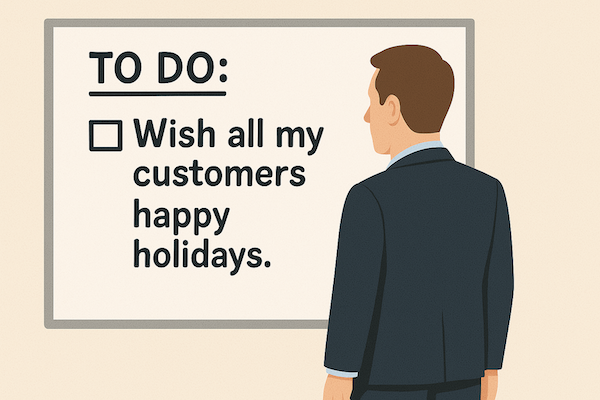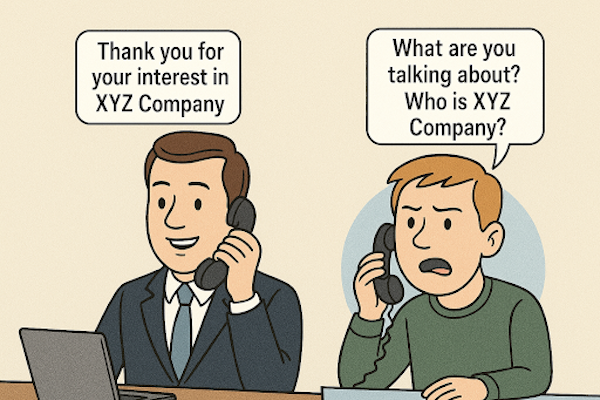Should I Sell My Business?


Should I Sell My Business?
If you are asking yourself the question, “Should I sell my business?”, you are not alone. In fact, many thousands of business owners are wrestling with this decision.
Some statistics indicate as many as 37%-60% of small business owners are considering it. Whether it is burnout, new opportunities, or shifting markets, the choice to sell is not just financial. It is often profoundly personal. When you put your heart and soul into building a business it becomes a significant part of your life. That journey includes many ups and downs, and is part of your purpose.
This post will walk you through when to sell, how to increase the value of your business, and how to sell the business as quickly and efficiently as possible.
1. When to Sell Your Business?

The best time to sell your business does not often match up timing wise when you are ready emotionally. It is when the business is at its strongest financially and operationally. Consider selling when:
- Growth is steady or accelerating: Buyers will pay premiums for momentum.
- Market conditions are favorable: High demand, predictable revenue, and manageable risk, as well as low interest rates can boost valuations.
- You feel you have hit a personal ceiling: You have taken your business as far as you can and do not feel you have either the energy or capital to scale further.
- Your business is no longer aligned with your goals: Lifestyle, health, or new ventures may take priority.
- You’ve received unsolicited interest: A strategic buyer may be willing to pay more than market value.
One red flag is do not wait until the business is declining. Distressed sales never result in premiums being paid for a business. They result in deep discounts and oftentimes regrets.
2. Key Things to Do to Maximize Value
To get top dollar, you need a business that’s attractive, scalable, and has predictable revenue. That means low risk in the eyes of a buyer. Here’s how to do that:
- Strengthen customer contracts and renewals: Long-term, recurring, or automatically renewing contracts are gold.
- Diversify revenue: Too much reliance on one customer, vendor, or channel creates risk in the eyes of a buyer. Create multiple, profitable recurring revenue streams.
- Document systems and processes: Turn your knowledge into standard operating procedures (SOPs). Buyers want businesses that run without the owner.
- Build a strong team: A capable and proven leadership team increases perceived value and reduces transition risk.
- Clean up the financials: Eliminate personal expenses, maximize profitability, normalize EBITDA, and produce clean, audited (or at least reviewed) financials.
- Reduce owner dependence: If the business cannot function without you, it is a job, not a saleable company.
This is an area where most small business owners struggle. To position the business well, it is the perfect time to invest in a relationship with a fractional executive—especially a fractional chief revenue officer or a fractional chief financial officer. Investing in proven fractional sales leadership to help optimize revenue operations and financials before going to market just makes sense.
3. How to Sell My Business Quickly
Speed and value don’t always go hand-in-hand. However, if your goal is a quick exit, here is how to accelerate the process without giving it away:
- Work with a business broker or M&A advisor: They bring market knowledge and vetted buyers. Plus, they handle the heavy lifting.
- Have a clean data room ready: This includes financials, contracts, org charts, customer and business metrics, IP details, etc..
- Be flexible on deal terms: Structure matters. Consider options such as earn-outs, seller financing, or partial equity rollovers as they can speed up deals.
- Know your number: Be clear on your walk-away price, but also understand market comps and valuation multiples.
- Position the upside: Buyers are buying the future. Sell the potential and growth story. Address untapped markets, product expansion, or operational leverage.
And please, do not confuse flexibility with deal terms with accepting bad deal terms because you are eager to sell the business quickly. Remember to breathe.
Closing Thoughts
Selling your business is one of the biggest decisions you'll ever make. It does not matter if you are looking to exit now or 3 years from now, it pays to plan well in advance. Strong financials, a scalable operation, and the right team in place can mean the difference between a disappointing exit and the ones that can be life changing.
If you're even thinking about selling, don’t wait. Start preparing now and bring in outside experts to make your business more valuable and to help you structure the right deal on your terms.
For additional sales tips, sales insights, and revenue growth best practices, visit Justellus’ Sales Growth Blog.




